Stressed and Depressed
I am being treated for a generalized anxiety disorder.
This is what it’s like; one second you’re feeling fine, happy and carefree; and then it hits you, an overwhelming feeling of dread–like something really bad is going to happen. Your heart’s now beating so fast it feels as if it’s going to explode. Your hands begin to shake uncontrollably, your breathing quickens in a panic; it feels like the wind was just knocked out of you, your body begins to tremble, as the feeling of dread intensifies.
I was was curled up in a tight ball on my bathroom floor. I was in so much pain I couldn’t breathe. It felt as if my heart was being slowly ripped out of my chest; tears were streaking out of my tightly shut eyes. Every muscle in my body was tensed. I would have done anything to make the pain stop–and it did: I passed out, due to the lack of oxygen.
One of the most common symptoms of an anxiety attack is rapid heart rate, muscle tension and shortness of breath. The lack of oxygen can cause numbness in the extremities, dizziness and nausea.
But living with anxiety isn’t always the worst case scenario. It’s the 24/7 feeling of uneasiness, having so much pent up energy that you can’t sit still or ever be calm. It’s the countless nights of not being able to sleep because your mind is moving 105 mph.
According to The Anxiety and Depression Association of America (ADAA) , anxiety disorders are one of the most common mental disorders in the U.S., affecting about 18% of the adult and teen population.
Anxiety is a natural response to stress; however anxiety disorders are caused by social and cultural influences or genetics. You’re 30-40% more likely to have an anxiety disorder if you parents did.
Click here to learn more about anxiety disorders.
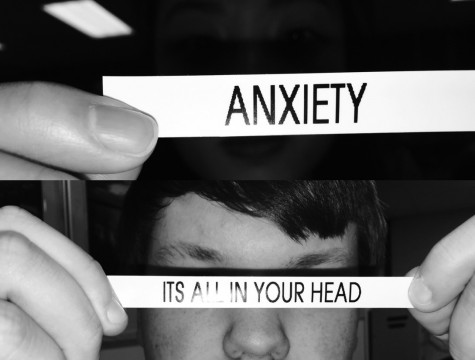
Students at AVHS showing what it’s like to live behind labels.
The ADDA goes on to explain that about one-half of people who are diagnosed with an anxiety disorder will also be diagnosed with depression. Both disorders may share similar symptoms; such as irritability and decreased sleep patterns, but they are not the same. Each disorder can have different causes and behavioral/emotional responses to stresses.
According to the Mayo Clinic, depression is a mood disorder that causes a persistent feeling of sadness and a loss of interest in everyday activities. Depression affects one in ten people over the age of 12 in the US, and is again linked to social-cultural influences and genetics.
“Depression for me at least feels different every day,” says senior Emily Houger. “Some days I’m okay, I just feel sad. But some days I feel like I’m literally looking at the world with darkened sunglasses on because everything is so gloomy. I get insecure thinking nobody likes me and I’m ugly. I feel heavy in my skin.”
According to the American Psychiatric Association (APA), clinical depression can be diagnosed when someone exhibits five or more of the following symptoms: fatigue or loss of energy; diminished ability to concentrate; lack of motivation; changes in sleep habits; recurrent thoughts of death or suicide; distancing oneself from friends and family; and feelings of excessive worthlessness.
Teen depression and anxiety disorders are becoming more and more common. The stresses being placed on us are pushing to the point of breaking. The stress of getting good grades, doing well in school, fitting in, the petty drama between friends–all of it slowly adds up until we just can’t anymore.
Click here to learn more about teen depression.
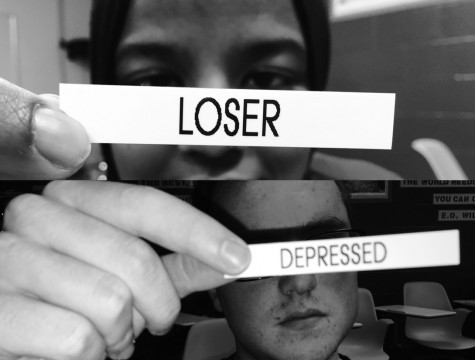
People struggling with mental disorders are not their labels.
We need help.
But it’s not that easy to ask for help with today’s stigma towards mental disorders. Gabby Essen, an SES senior, explains, “ I’d say (mental disorders) are highly frowned upon; it’s because you’re not perfect. If you have stuff going on you’re supposed to just deal with it and move on, not blame it on a disease in your brain.” Asking for help shouldn’t be seen as the weakness, it should be a form of positive aid.
“As I person with depression I experienced a lot of shame,” said Eastview student Janessa Hammers.
“It’s hard to find a support system that lifts you up instead of gets in moods with you and for the most part I don’t even know what I need or want in terms of help or advice,” says Houger.
The Merriam and Webster online dictionary defines stigma as a set of negative and often unfair beliefs that a society or group of people have about something.
“Because of the stigma surrounding mental illness I had a hard time admitting even to myself that I had depression,” Hammers explains. “I was so ashamed to tell anyone that I went undiagnosed for a long time until the depression became my twisted version of normal.”
If you or someone you know is battling depression, please call 1-800-273-TALK (8255)
Click here for more helpful Hotlines.
We need to end this negativity surrounding mental disorders.
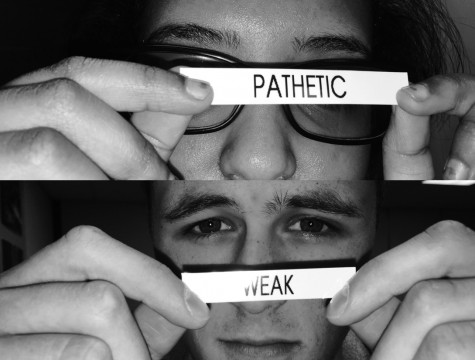
We need to end the negativity.
The best thing our generation is good at is judging people when they don’t fit into the perfect cookie-cutter mold our society deems right.
“Mental illness is becoming far more prevalent in today’s society because everything we do is judged not by our character but by our appearance and immediate actions,” said Hammers. “Everything today seems to rely on first impressions and appearances.”
But how do we end this judgment? We raise awareness about depression and anxiety. We stop teaching our generation that having a mental illness is a weakness. We stop shaming others because they’re different or don’t fit in. We teach adolescents that asking for help is okay, and not the sign of a coward. We stop bullying. We accept.
“I could finally breathe.”
Once I accepted that I needed help, the fear I had held inside for so long dissipated and I felt a huge relief. I no longer was all alone, I had my friends and family back again. I started to feel a little less helpless and a little more like my old self.
Our generation has the power to end shaming when help is needed. We can do it.



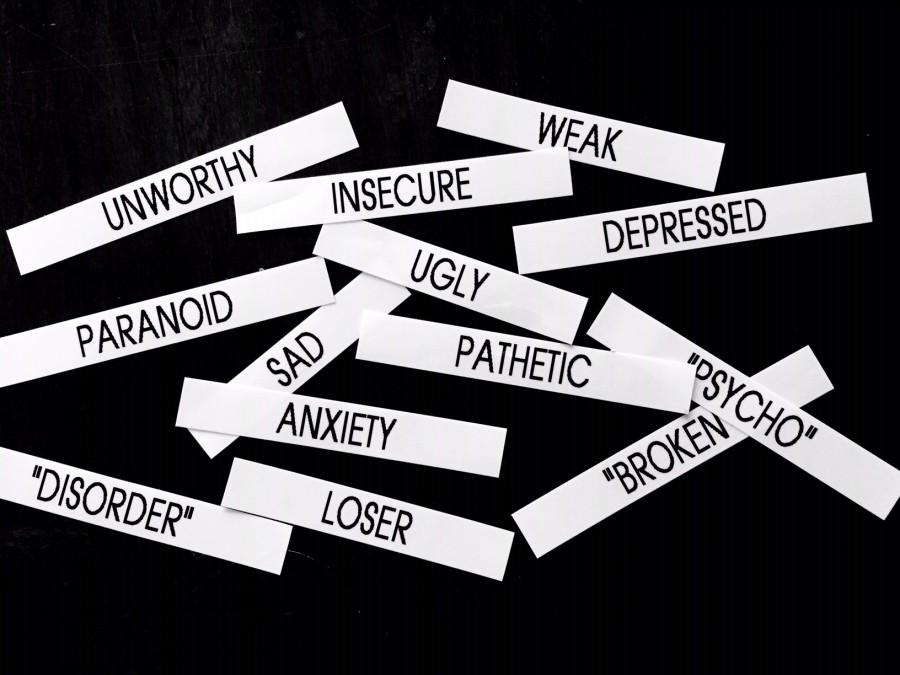

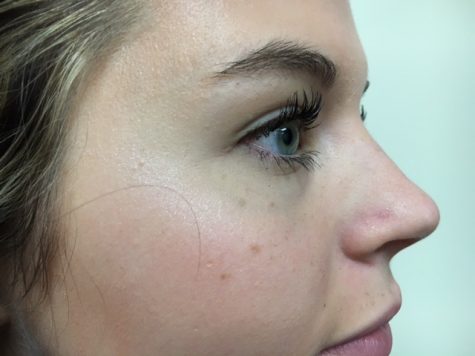
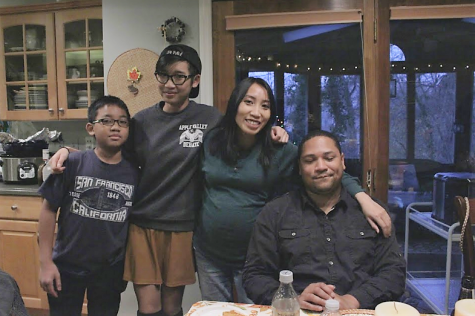


Janelle Nunez • Mar 18, 2016 at 5:02 pm
Extremely well written and factual. Have suffered from depression and anxiety my entire adult life and am not ashamed to say so. Our society desperately needs more acceptance and understanding of mental illness.
Alexia Kingsley • Mar 17, 2016 at 10:04 pm
I think this piece was beautifully written and well put. I loved it! It was good to read that many people realize the problems and many people struggle with these mental illnesses and no one is alone. I agree that we have the ability to end shaming and help our generations. Ana you did a great job writing this, and you are amazing!